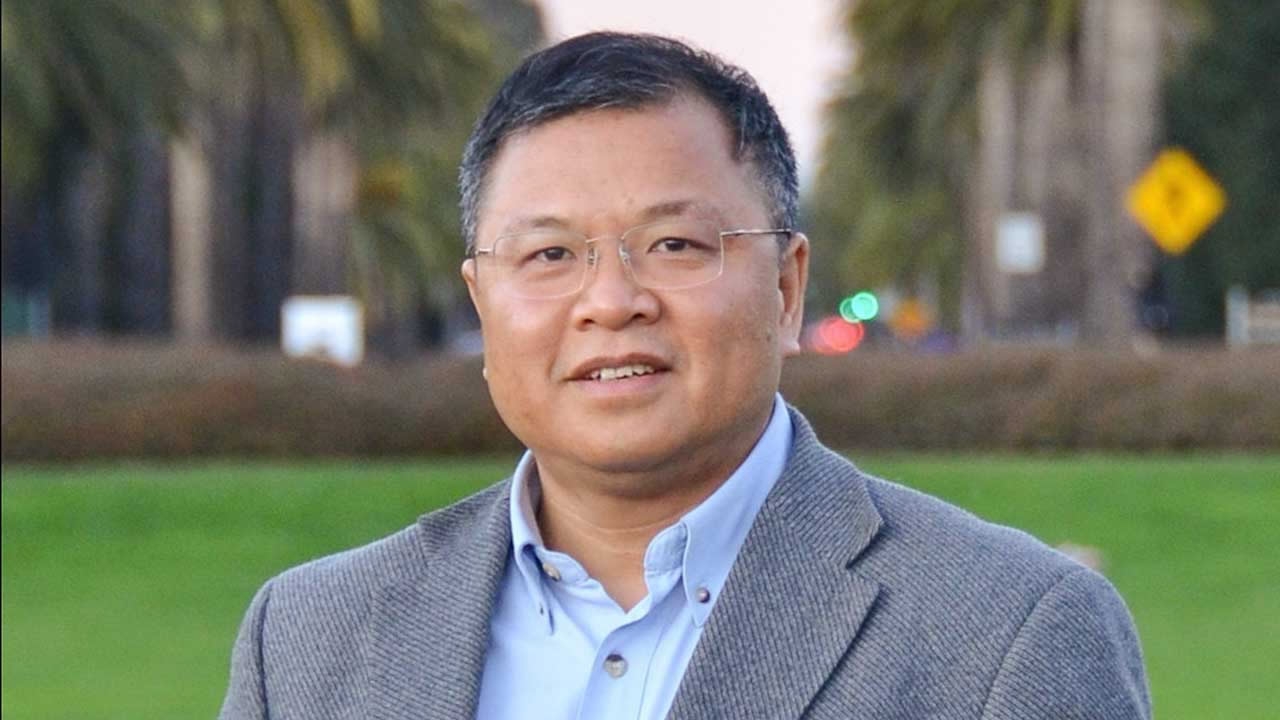
Tech & Sci
13:59, 17-Jul-2017
Huang Danian, the late Chinese scientist devoted to deep-Earth exploration

Born in 1958, in south China's Guangxi Zhuang Autonomous Region, Huang Danian had an interest in geophysics from an early age. He devoted his life to science, making many sacrifices along the way and eventually went to the United Kingdom for further study in 1993.
In 2008, China launched a national recruitment drive for the world's top talent called the Thousand-Talent Program, as part of its efforts to become an innovation-driven economy. It encouraged overseas Chinese and foreign professionals to work in China, and Huang decided this was his calling. He quit his job in the UK, sold his property and belongings and returned home.
Huang was invited to be the chief scientist of China's biggest deep-Earth exploration program at Jilin University in Changchun, in northeast China.The program aimed to install high-tech cameras on aircraft, ships and satellites, that would enable them to see through the Earth's crust. But despite the benefits with underground mineral exploration and undersea detection, China was well behind the rest of the world in this area.
Huang got straight down to it and his efforts soon paid off. China narrowed the gap with the developed countries in obtaining accurate data on deep-Earth exploration. Thanks to a number of devoted scientists, such as Huang, China is now becoming a leading power in this technology.
Huang died of bile duct cancer, with tumors spreading to his stomach and liver, in January last year, at the age of 58. A bright star in the world of science had fallen, leaving the scientific community in grief.
During his last days in hospital, Huang continued to answer his students' questions, assign work and write recommendation letters for his colleagues. But as some of his students said, Huang's passing was not a good-bye, as his spirit and words would always be with them.

SITEMAP
Copyright © 2018 CGTN. Beijing ICP prepared NO.16065310-3
Copyright © 2018 CGTN. Beijing ICP prepared NO.16065310-3